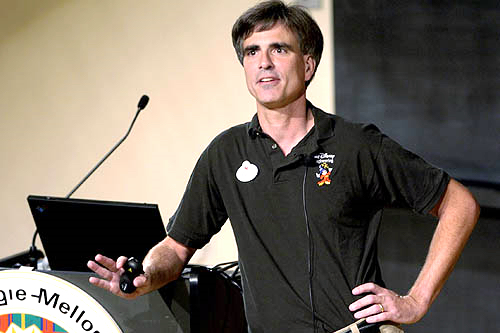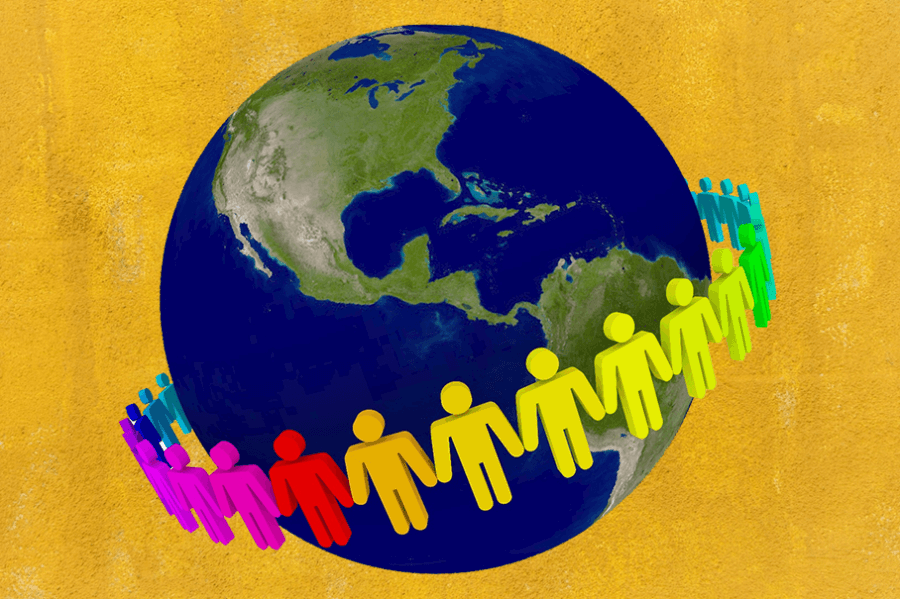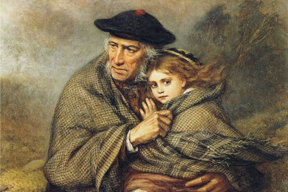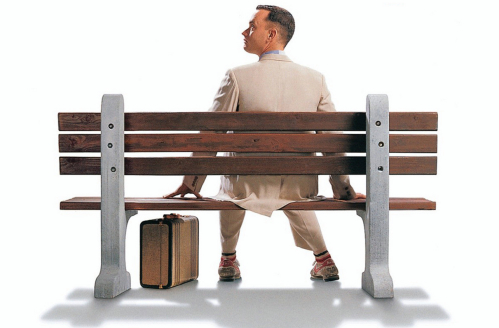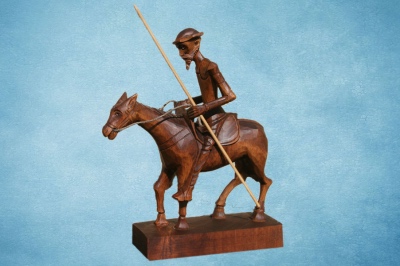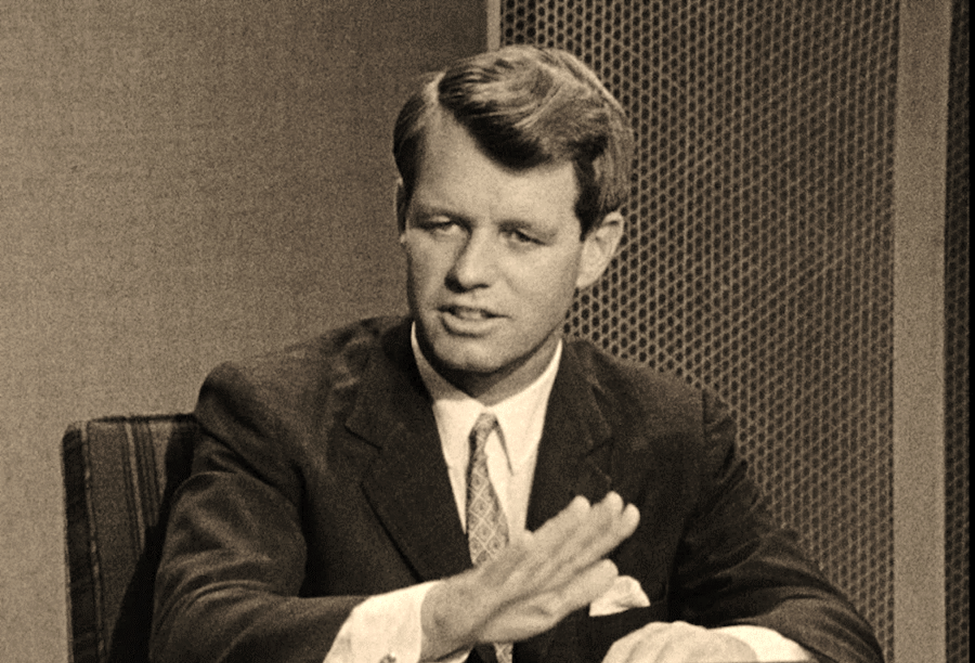His Is My Brother
First, the backstory. While teaching, I will comment, mention, or quote something that a student says in a class discussion or a posting. I use that modus operandi anytime that I am teaching. It helps the discussion, gets more students involved, and more thoroughly debates an issue.
The class benefits from that educational technique while learning more. Students discover pros and cons on issues that they have often overlooked. Additionally, I also benefit by pushing myself to explore new ideas or reframe former thoughts.
What is true in the classroom is equally valid when I write essays or interview people. Citing another person regarding some point that I wanted to make allows for more inclusiveness in the article. All writers will quote famous people; I do that all the time. However, mentioning another student’s pov enables the reader to consider a non-famous person’s ideas or insights. That process adds validity to something that I am teaching or about which I am writing.
I have combined both the classroom setting and writing articles. On occasion, I will be writing an article, and a student mentions something in class that relates to my essay. I ask the student if I could use his or her name in my article. Nevertheless, it doesn’t happen often. However, this essay is the third one in a row that I picked up upon a comment of one of my students. This time it was a posting by Dafne.
Dafne commented about the issue of sexism in religions. She wanted all religions to move away from the notion that “women have always been placed beneath a man.” She then added, “I quite like the idea of God being an entity rather than a man.”
The following is my reply to Dafne’s essay.
Dafne,
I was going to start my reply with the notion that women are the reason for all the problems. It would have been just a dumb joke. However, male inferiority is the cause of most of the problems that we face. Women can create life, and that god-like attribute rattles so-called macho men.
I’m in the process of writing about a song that came out in 1969 by the Hollies entitled He Ain’t Heavy, He’s My Brother.
The following quote came from Curtin Radio’s Facebook page, which explains where that statement originated.
In 1884, James Wells, Moderator of the United Free Church of Scotland, in his book “The Parables of Jesus,” tells the story of a little girl carrying a big baby boy. Seeing her struggling, someone asked if she wasn’t tired. With surprise, she replied, “No, he’s not heavy; he’s my brother.”
First, who came up with that comment about he’s my brother? A girl.
And beyond that, why can’t we all function in that manner and grow up?
Al
The reality is that sexism is present in all religions. Nonetheless, issues like sexism, racism, homophobia, xenophobia, etc., all predate religions. They merely make an excuse to justify some sort of discrimination. Essentially, it is vain to attempt to validate human misconduct. Interestingly, the need to be validated is an unmistakable expression of male inferiority. White supremacy is an empty wish of being better and stronger than others who they diss.
Several decades ago, a friend of mine did this Picasso-esque pen and ink drawing for me. We all need to reach out to others. We can learn a critically important lesson about life from a little Scottish girl.

Follow @mountain_and_me











